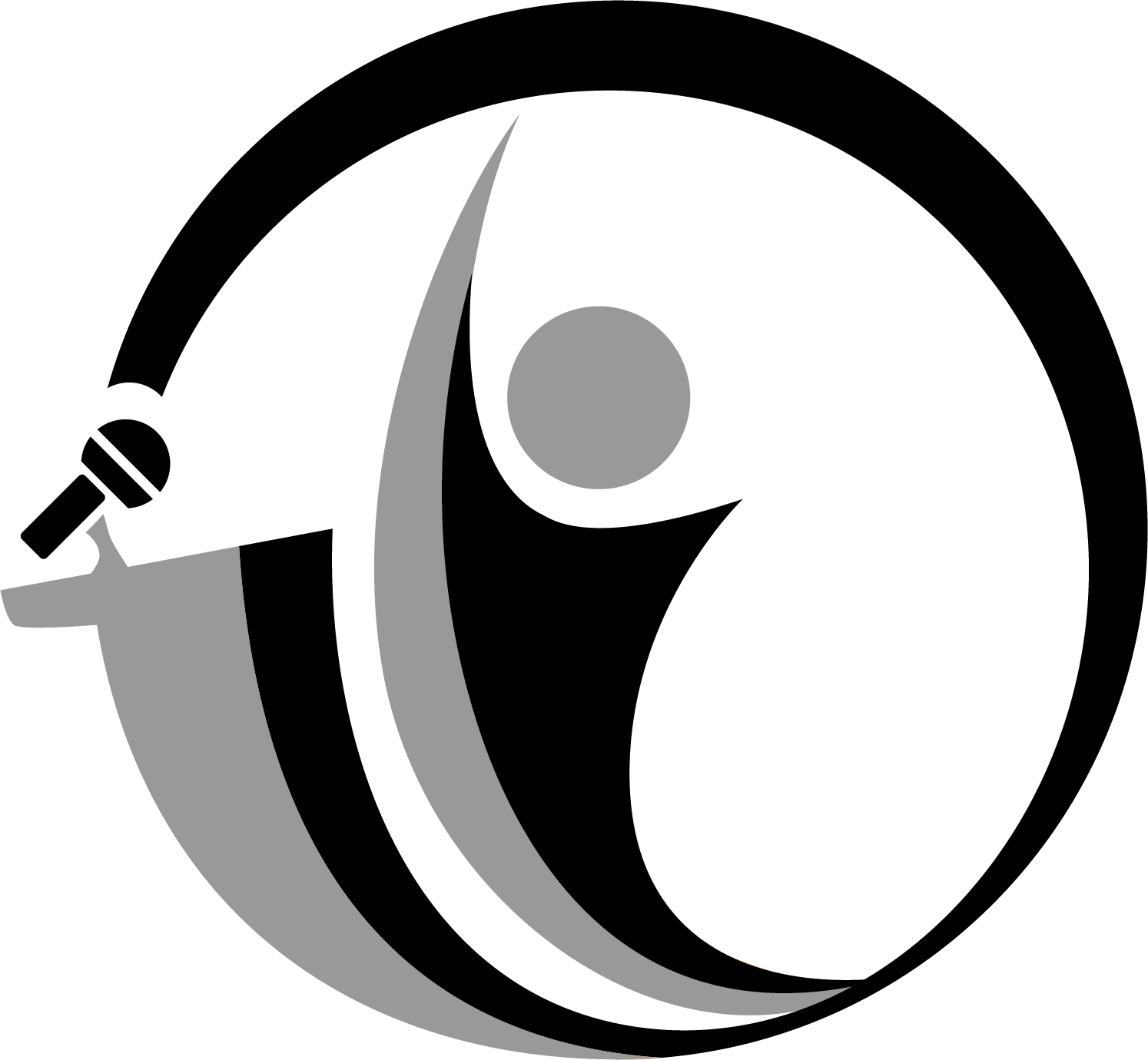Researching Extemporaneous the Right Way
Extemp speeches should be eye-opening. Extemp speeches should be engaging. Most of all, extemp speeches should be coherent. Unfortunately, they will be none of these things if you don’t research well and understand what you’re talking about. You will only be able to bluff so much before the judge becomes as confused as you are. Let’s avoid such fiascos altogether by improving the way you research for extemp.
Researching well is a progression. First, you need to become aware of current events. Second, understand the main issues. Finally, support your understanding with facts and expert opinions found in credible articles. In a nutshell, you research for extemp by building your awareness, understanding, and support.
Step 1: Awareness
First, have a general idea of what is going on in the world. A great way to do this is with email alerts. These come directly to your inbox and save you time by highlighting the most important stories. I recommend the following:
International: Daily News Brief by the Council on Foreign Relations
Domestic: The 5-Minute Fix by the Washington Post
Tech/Business: The Morning Brew
Tip: Avoid headline fatigue
Do not sign up for every interesting-looking daily email alert! You simply won’t read them all and will end up ignoring them rather than skimming them for pertinent information. Sign up for a maximum of one newsletter per category (1 for international, 1 for domestic, and 1 for technology/business).
Step 2: Understanding
Second, you must understand the most important current event issues. Understanding is by far the most important step of extemp research. Judges are remarkably perceptive, and will know right away if you don’t understand what you are talking about. Don’t be that person. Listen to podcasts to gain a deeper understanding of topics. Podcasts can also be an example of how to explain complex issues to everyday people. Make it a habit to listen during spare moments in your day. For example, turn on a podcast when you are emptying the dishwasher, walking your dog, or making breakfast. Here are some great podcasts that come from a variety of perspectives:
International:
The Intelligence by the Economist
Wordly by Vox
Inside Story by Al Jazeera
The Current by the Brookings Institute
Domestic/Tech:
The Journal by the Wall Street Journal
The Daily by the New York Times
Non-Essential but Interesting:
Deep Dish on Global Affairs by the Chicago Council on Global Affairs
The Ben Shapiro Show by the Daily Wire
The NPR Politics Podcast by NPR News
Tip: Go deeper
If you find a particular political or economic subject interesting (ex: the way elections work, data privacy, etc.) research for fun on that particular topic through online articles, books, and other podcasts. It will help you to give a deeper level of analysis and set you apart in outrounds!
Step 3: Support
Finally, you must have articles to support your understanding of issues. Make it a habit to find and save articles to reference in competition. Remember to find articles that have details and numbers - ideally ones that connect numbers to reference points for your judges (see the tip below). Once you have articles saved, highlight the important parts and any important numbers for quick reference in the frenzy of prep time. You can find great articles in many places, but I recommend the following sources:
International: Reuters, The Economist
Domestic: The Wall Street Journal, the New York Times
Tech: Bloomberg, Financial Times
Tip: Reference points are KEY
Find articles that connect numbers to something your judges can relate to. This is especially important for international topics. For example, if you say that about 15 million acres of land have been burned by Australian wildfires, your judges will be only vaguely interested. If you say that an area the size of West Virginia has been burned, you will connect with your judges on a much deeper level. Relate areas of land to areas in the U.S., relate population numbers to comparable populations of large cities in the U.S., and explain money on a per-person basis (ex: “That's enough money to buy every person in the U.S. a cup of coffee!”).
If you research well, you will automatically perform better, not only because you understand the topics, but because you are confident in your knowledge. Do yourself a favor by making it a habit to research well by building your awareness, understanding, and support so that you will be ready for competition.
You can do this.
Best of luck this year in competition!

